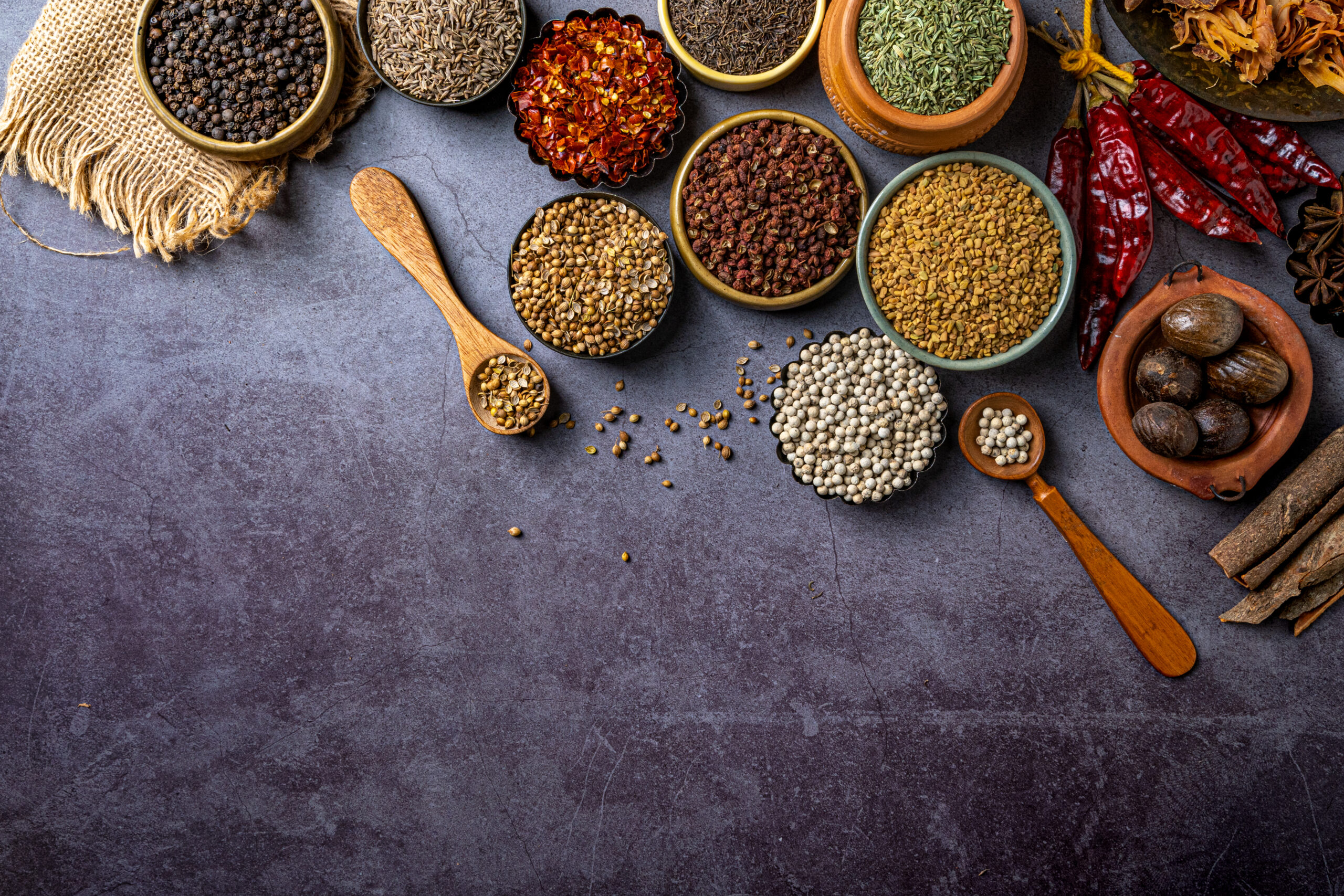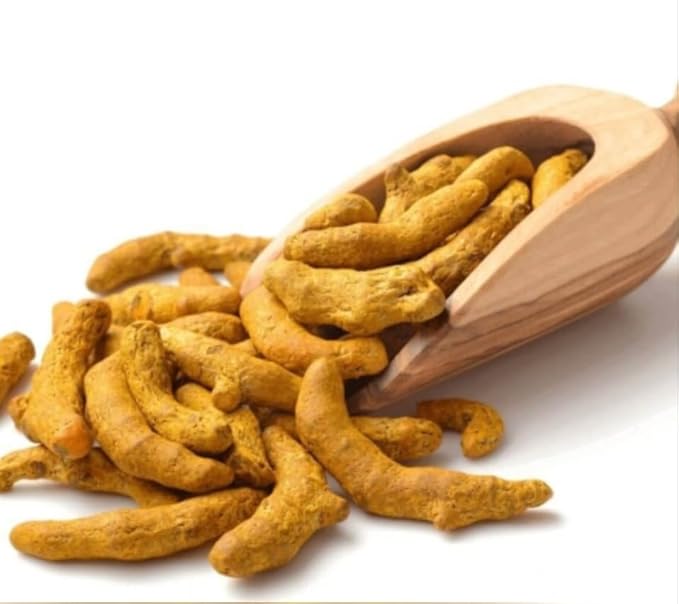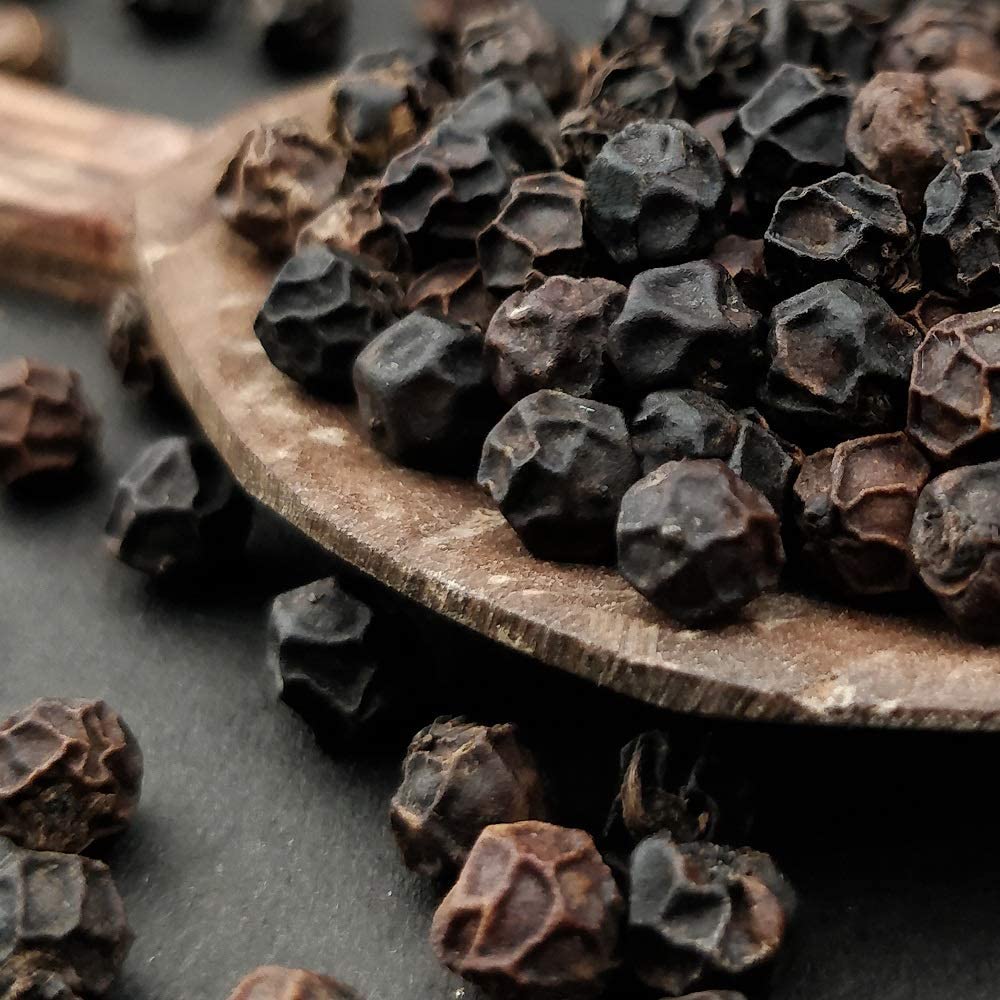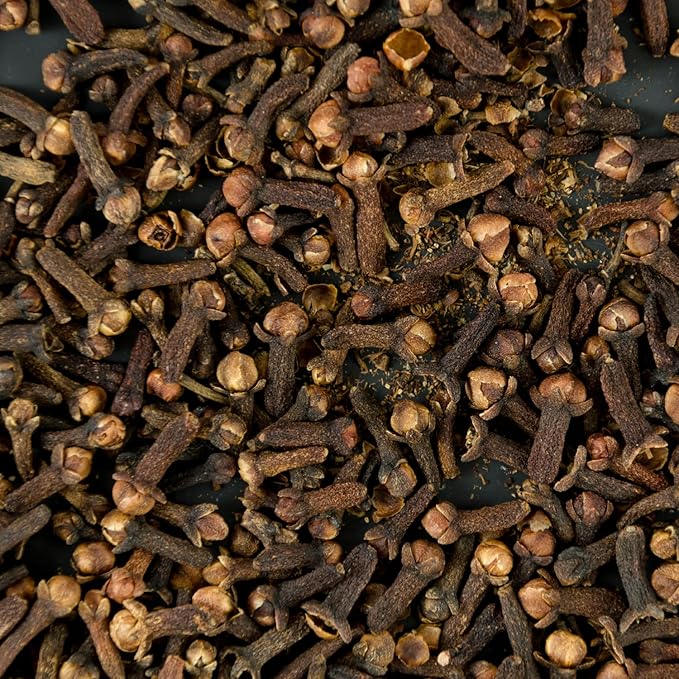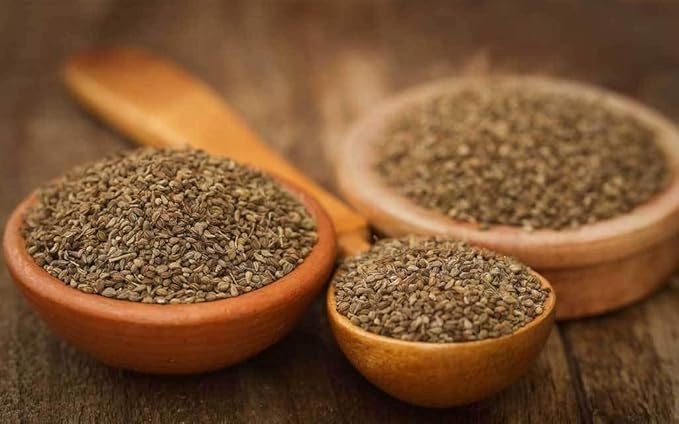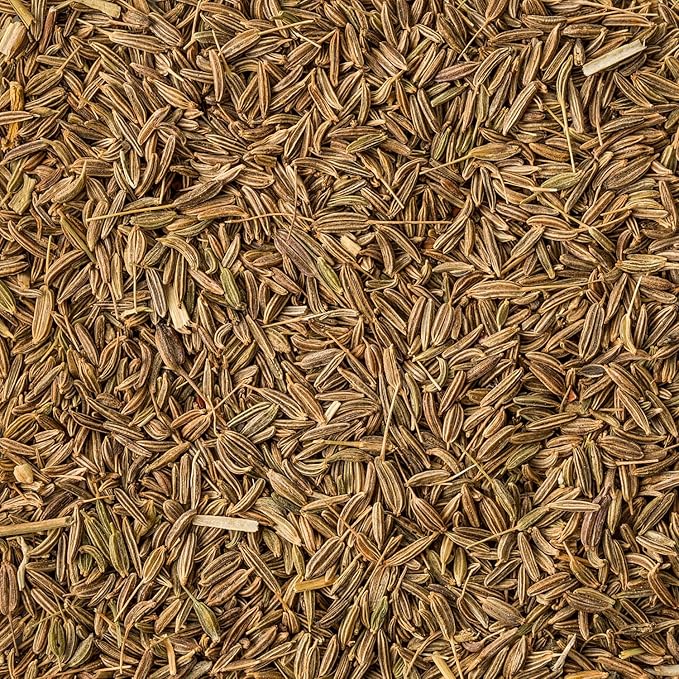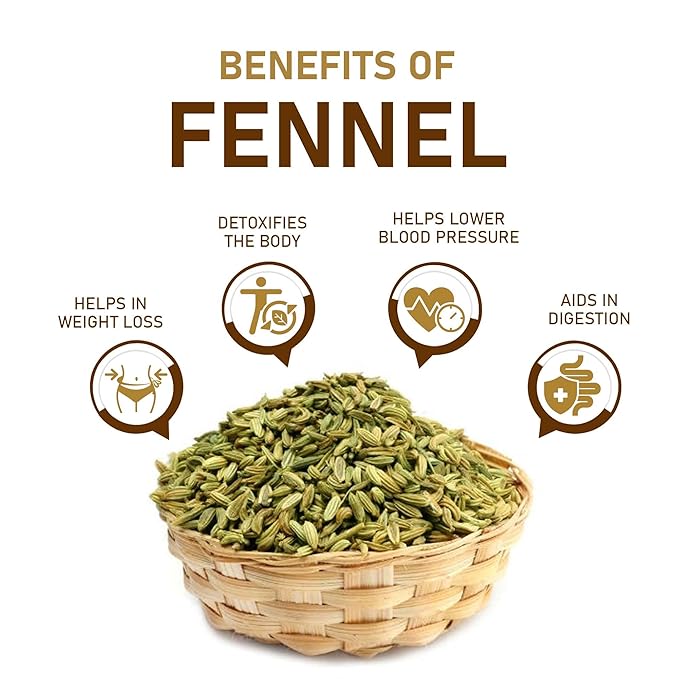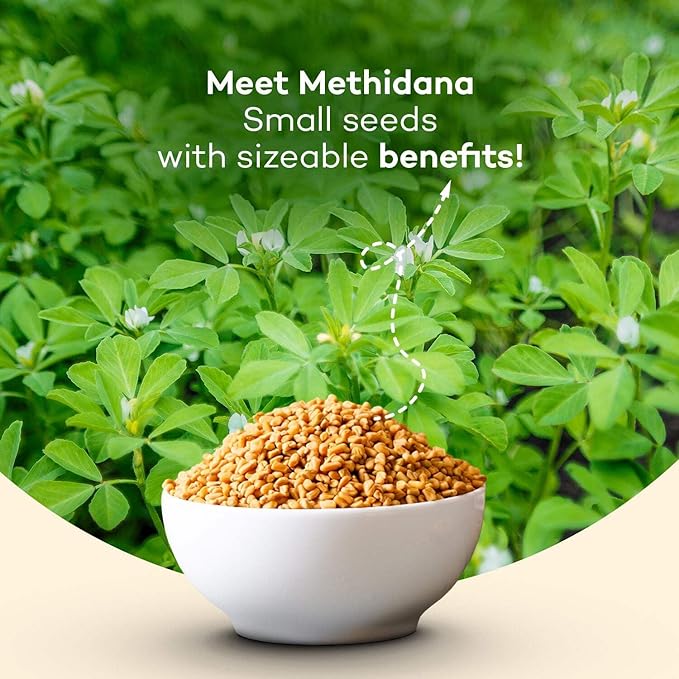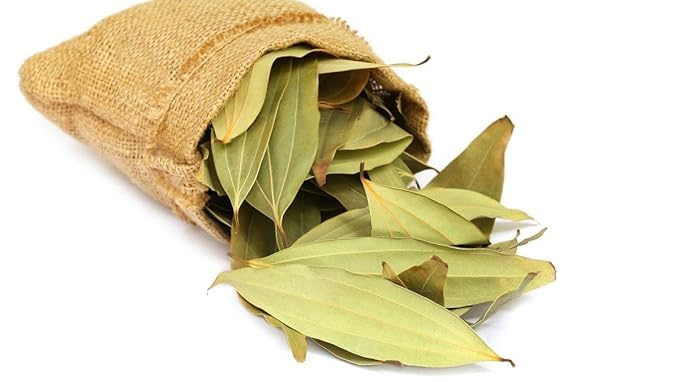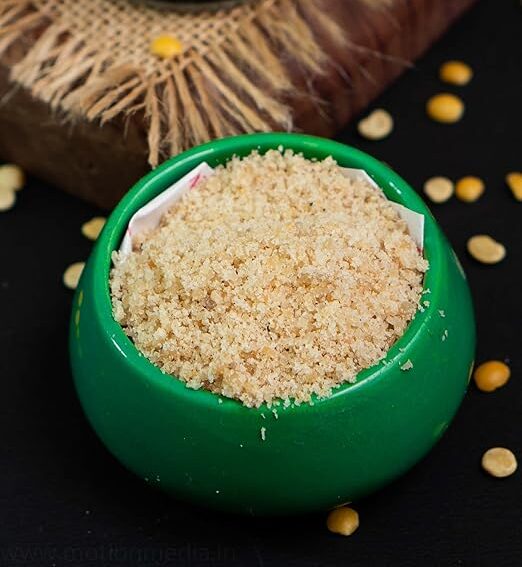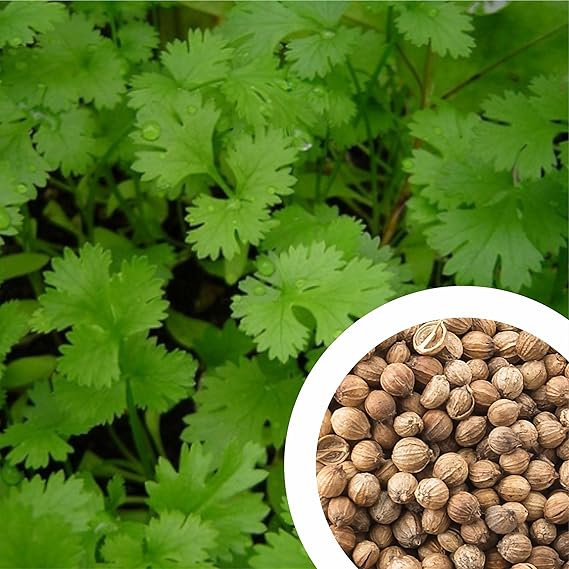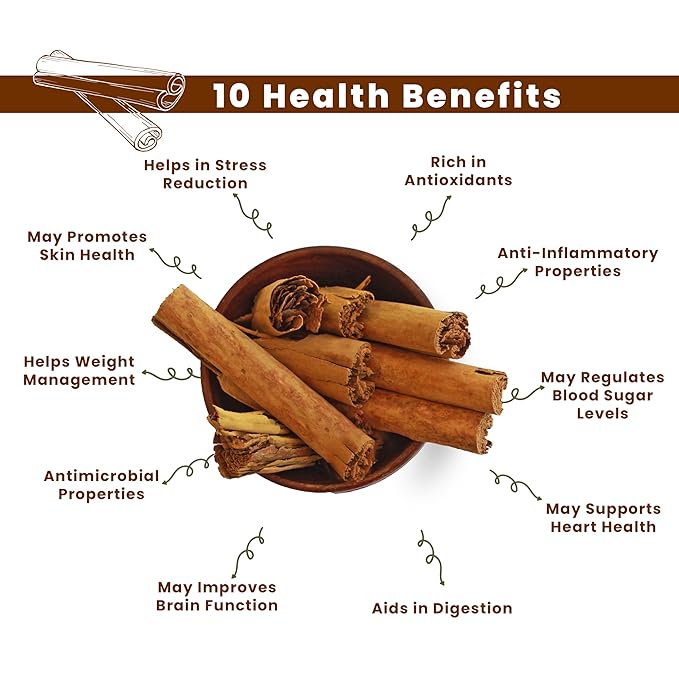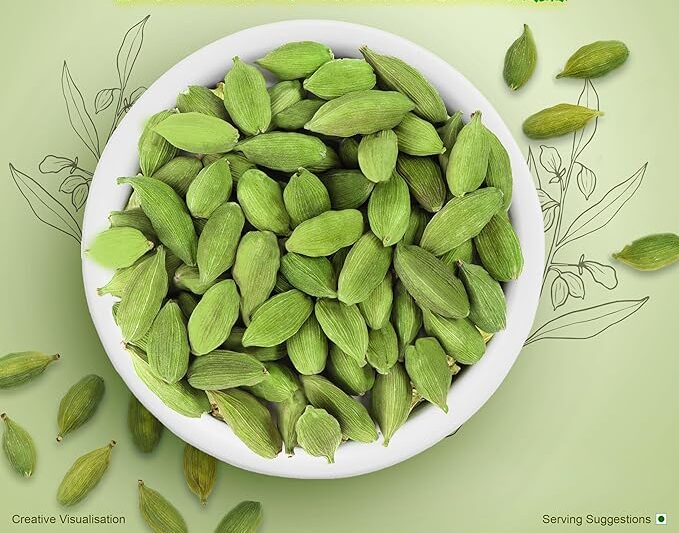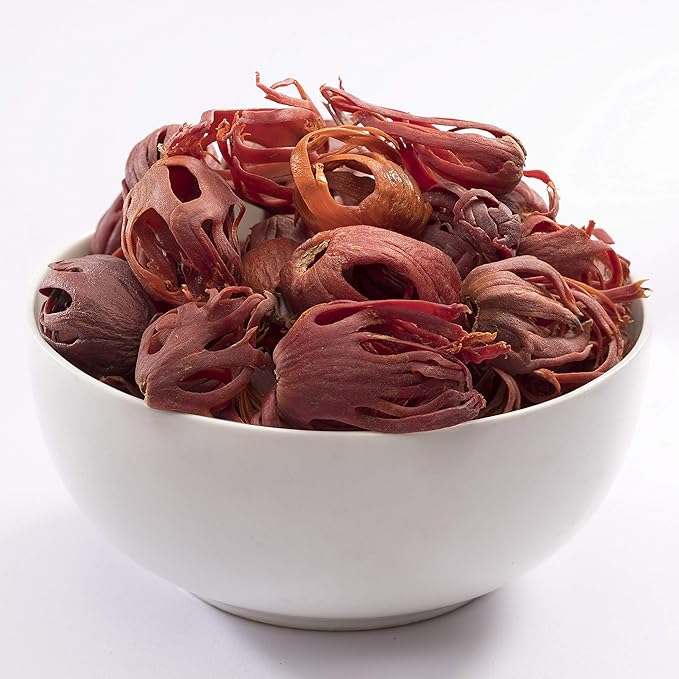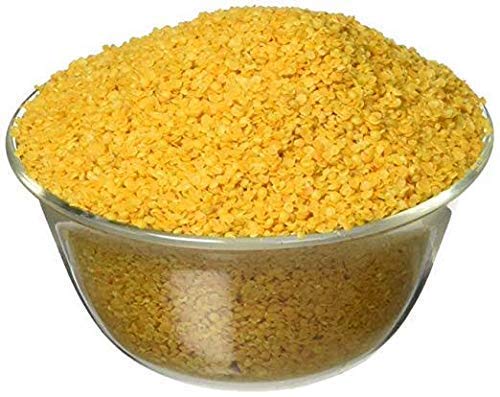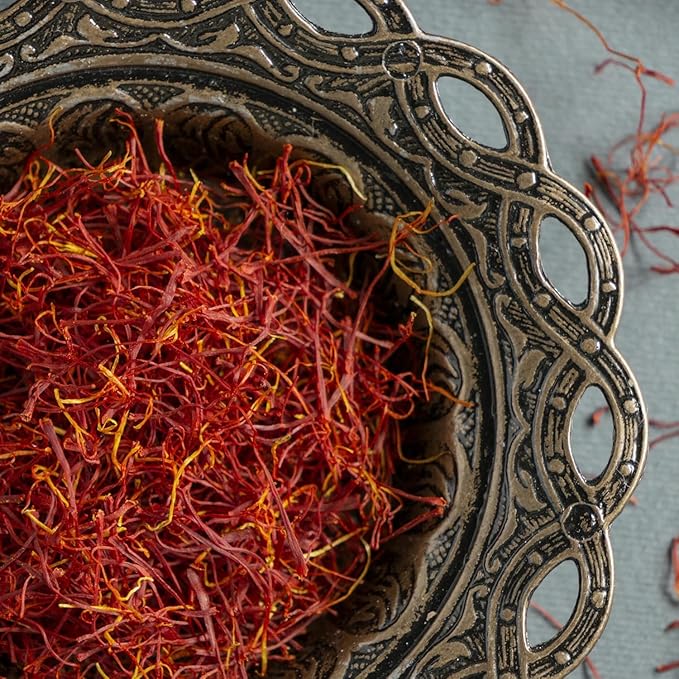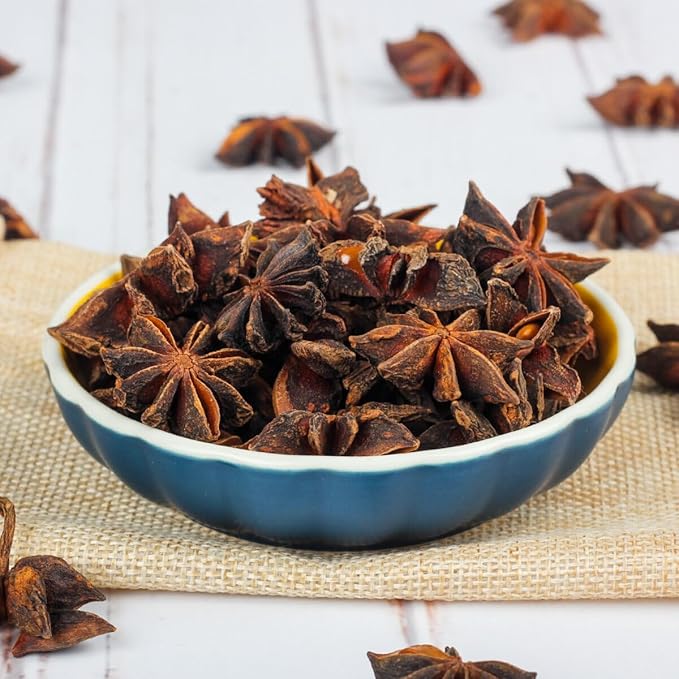Did you know that the humble spice sitting in your kitchen is more than just flavor? From turmeric’s golden glow to the strong punch of clove, every spice carries a treasure chest of nutrients that can help your body heal, energize, and stay balanced. You may think of them as food enhancers, but in truth, they are also your natural medicine box.
Table of Contents
The Timeless Role of Spice in Wellness
Spices have been part of daily life for centuries, not just in India but across the globe. Ancient texts in Ayurveda, Greek medicine, and Chinese traditions mention spices as powerful natural healers.
- They add taste and protect health.
- These are tiny in size but rich in antioxidants, vitamins, and minerals.
- They support digestion, immunity, heart, skin, and even your mood.
Your spice box is basically your mini wellness kit—always ready when you need it.
Spice and Immunity: Nature’s Shield
When the seasons change, your body needs protection. These naturally build stronger immunity.
Turmeric (Haldi)
- Nutrients: Curcumin (a strong antioxidant), iron, manganese, potassium.
- Benefits: Fights inflammation, boosts white blood cells, helps heal faster.
Black Pepper (Kali Mirch)
Clove (Laung)
Ajwain (Carom seeds)
Also Read : Jaggery
Spice and Digestion: The Secret to Comfort
Cumin (Jeera)
Fennel (Saunf)
- Nutrients: Vitamin C, potassium, fiber, flavonoids.
- Benefits: Calms acidity, cools the stomach, reduces indigestion.
Fenugreek (Methi)
- Nutrients: Iron, protein, fiber, magnesium, vitamin B6.
- Benefits: Improves metabolism, supports gut bacteria, helps with acid reflux.
Bay Leaf (Tejpatta)
- Nutrients: Vitamin A, vitamin C, folic acid, calcium.
- Benefits: Supports digestion, reduces gas, enhances nutrient absorption.
Asafoetida (Hing)
- Nutrients: Ferulic acid, fiber, calcium, potassium.
- Benefits: Relieves gas, prevents constipation, supports stomach lining.
With these, digestion feels lighter, food is absorbed better, and you avoid that sluggish, heavy feeling.
Also Read : Rock Salt
Spice for a Strong Heart and Healthy Circulation
Coriander (Dhania)
- Nutrients: Vitamin C, vitamin K, calcium, iron.
- Benefits: Balances cholesterol, supports heart rhythm, prevents arterial plaque.
Cinnamon (Dalchini)
- Nutrients: Manganese, calcium, iron, antioxidants.
- These help stabilize blood sugar, keep vessels strong, and reduce cholesterol levels.
Cardamom (Elaichi)
- Nutrients: Potassium, magnesium, vitamin C.
- Benefits: Helps lower blood pressure, works as a mild diuretic, freshens breath.
Nutmeg & Mace (Javitri)
- Nutrients: Copper, manganese, vitamin B6.
- Benefits: Improves circulation, reduces vessel stiffness, calms the nervous system.
Mustard Seeds (Rai/Sarso)
Think of these spices as gentle “engine oils” that keep your blood flowing smoothly and your heart strong.
Also Read : Detox Your Body
Spice for Glowing Skin and Natural Beauty
You’ve probably heard of turmeric masks, but the beauty benefits of it go much further.
Turmeric
- Reduces acne and scars.
- Brightens dull skin naturally.
Clove
- Clove oil helps with pimples.
- Keeps skin bacteria-free.
Fenugreek (Methi)
- Rich in antioxidants that delay wrinkles.
- Makes skin supple and smooth.
Fennel (Saunf)
Whether eaten or applied, they nourish deeply and naturally give your skin a glow.
Also Read : Cashew Benefits
Spice and Brain Wellness
True mental health starts in the gut, and spices further impact mood by affecting brain chemistry.
Turmeric
- Curcumin may protect against Alzheimer’s.
- Supports focus and sharp memory.
Saffron (Kesar)
- Nutrients: Crocin, manganese, vitamin C.
- Benefits: Boosts mood, reduces mild depression, promotes calmness.
Black Pepper
- Improves dopamine and serotonin activity.
- Enhances brain alertness.
Cardamom
- Stress reliever, helps reduce anxiety symptoms.
- Nutrients: Manganese, iron, fiber, vitamin C, potassium, magnesium.
Star Anise (Chakra Phool)
- Contains antioxidants that support brain health and reduce fatigue.
A warm cup of spiced tea can often be the gentle push your brain needs on a dull day.
Also Read : Sleep Unbelievably Well
Spice in Traditional Remedies & Home Healing
Our grandparents always had a home remedy ready, and most of those came straight from the spice box.
- Haldi doodh (turmeric milk) helps soothe coughs, ease colds, and heal minor wounds.
- Ajwain with salt: For stomach ache and indigestion.
- Clove oil: For toothache and sore gums.
- Hing paste: For bloating and gas in children.
- Mustard oil massage: For joint pain and winter warmth.
These are living examples of how these bridge food and medicine.
Also Read : Sugar- Free Benefits
Everyday Ways to Add More Spice
It’s easier than you think to bring them into your day. Small tweaks go a long way.
- Add turmeric to warm milk for golden wellness.
- A glass of jeera water each morning can aid healthy digestion.
- Use clove and cardamom in your chai.
- Sprinkle cinnamon on fruits, oats, or coffee.
- Cook dals with tejpatta for aroma and health.
With just a pinch of it, everyday meals can become natural medicine.
Also Read : 9 Foods Better Than Milk
Balance and Safety with Spice
Too much of anything can upset the balance. A few cautions help:
- Avoid excess clove—it may irritate the stomach.
- Too much cinnamon may affect the liver.
- Nutmeg in high doses can cause nausea.
Moderation is the mantra. A pinch is powerful enough.
Also Read : Raisin Benefits
Spice Blends That Heal and Delight
Instead of just one, blends offer combined benefits.
- Masala chai: Clove, cardamom, ginger, cinnamon – immunity booster.
- Garam masala: Helps digestion, adds warmth.
- Curry powder: Turmeric, coriander, cumin – reduces inflammation.
These blends not only taste good but also create balance inside your body.
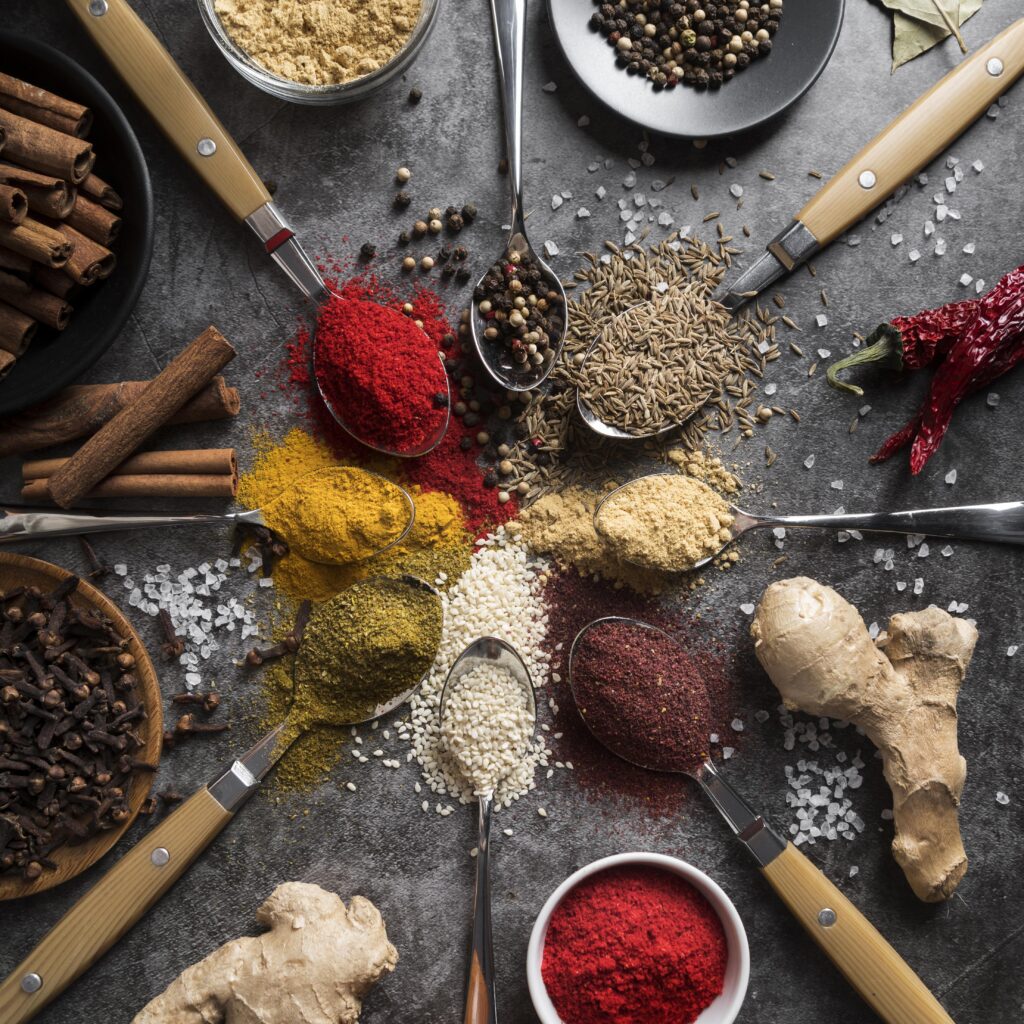
Also Read : Walk More
FAQs
Which spice should I use daily?
Blending turmeric with black pepper can naturally support and strengthen your immune system.
Can spices help with diabetes?
Cinnamon and fenugreek can help the body maintain steady blood sugar levels naturally.
Are all spices safe for kids?
Mild spices like cumin, fennel, and turmeric are usually safe when enjoyed in small amounts. Avoid very strong or hot spices.
Do spices replace medicine?
No, they support your health but don’t replace doctor-prescribed treatment.
Also Read : 14 Foods You Should Never Refrigerate
Closing Thoughts: Seasoning Life with Spice
Your spice box isn’t just a kitchen accessory—it’s a treasure chest of health and healing. From boosting immunity to calming digestion, from glowing skin to sharper memory, every little seed and leaf holds stunning benefits.
So next time you sprinkle jeera on rice or drop a clove in tea, remember—you’re not just adding taste, you’re adding life.
Try introducing one new spice habit this week. Small changes, when repeated, often bring the biggest results.
Also Read : The Truth about Sleep Deprivation
ourwellwisher.com
Also Read : Cinnamon Benefits

